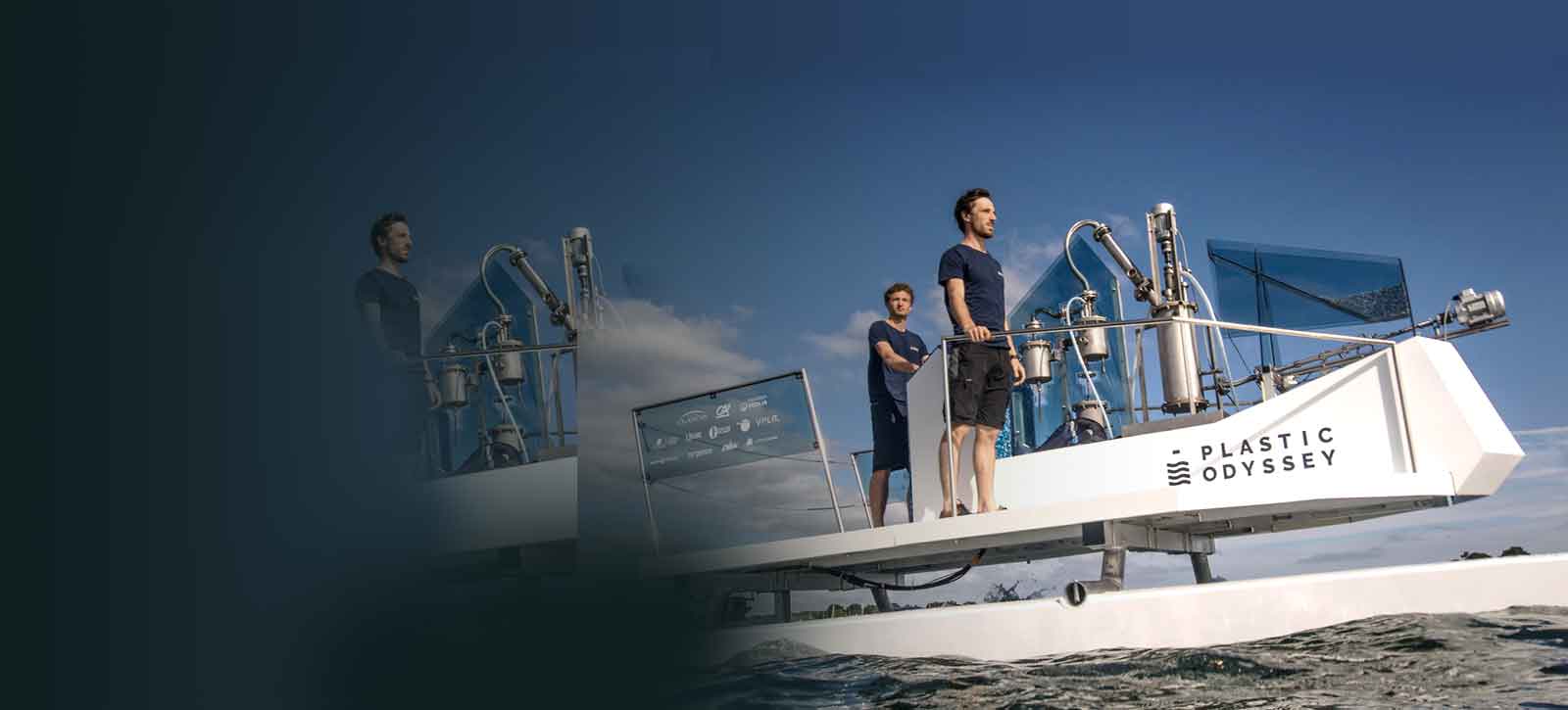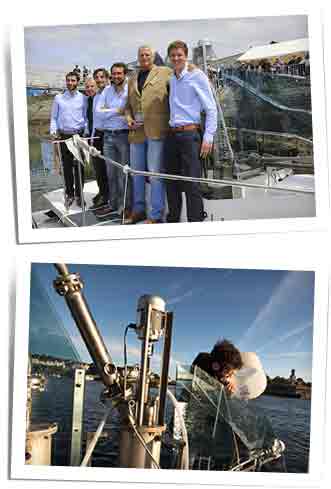
Eco-designed products
Innovative eco-responsible packaging
Clarins uses a continuous innovation approach, which means that for several years eco-design principles have been an integral part of every stage of the packaging development process. Teams work together to find the best solution that combines performance, ease-of-use and sustainability.
2025 : Clarins accelerates and commits
CARING FOR THE PLANET
sourcing
to be organically cultivated
to be recyclable
carbon footprint
CARING FOR PEOPLE
traceability
programmes
health and children

A global approach to eco-design
Prioritising sustainable materials (all cardboard boxes and corrugated inserts come from sustainably managed forests), reduced weight and bulk (no more spacers or pamphlets in boxes, lighter glass), and materials that are recycled and/or recyclable.
100%
of paper and cardboard comes from sustainably managed forests (FSC or PEFC certified)
Working toward the circular economy
A circular economy means using materials that are easily recyclable and, in the event that recycling cannot be guaranteed (i.e. plastic), the integration of a post-consumer recycled material (PCR) made from single-use packaging will be used.

Objective
100%
All containers will be recyclable
or recycled by 2025

Supporting Plastic Odyssey
Clarins is the lead partner
For many years, the Clarins Group has been investing in environmental causes and supporting ecology-related projects.
We want to help build a better world for future generations,” explains Christian and Olivier Courtin-Clarins, directors of the Clarins Group. “It might seem like a utopian ideal, but we believe in it!”
Christian & Olivier Courtin-Clarins
Plastic Odyssey is the first around-the-world expedition to fight plastic pollution aboard a ship that delivers low-tech solutions to the worst polluting countries so they can turn plastic into a resource.


What are Plastic Odyssey’s missions? :
1
Reduce
Build a sustainable future by rethinking how plastic is used.
2
Reuse
Find new ways to use waste and provide opportunities for local populations.


